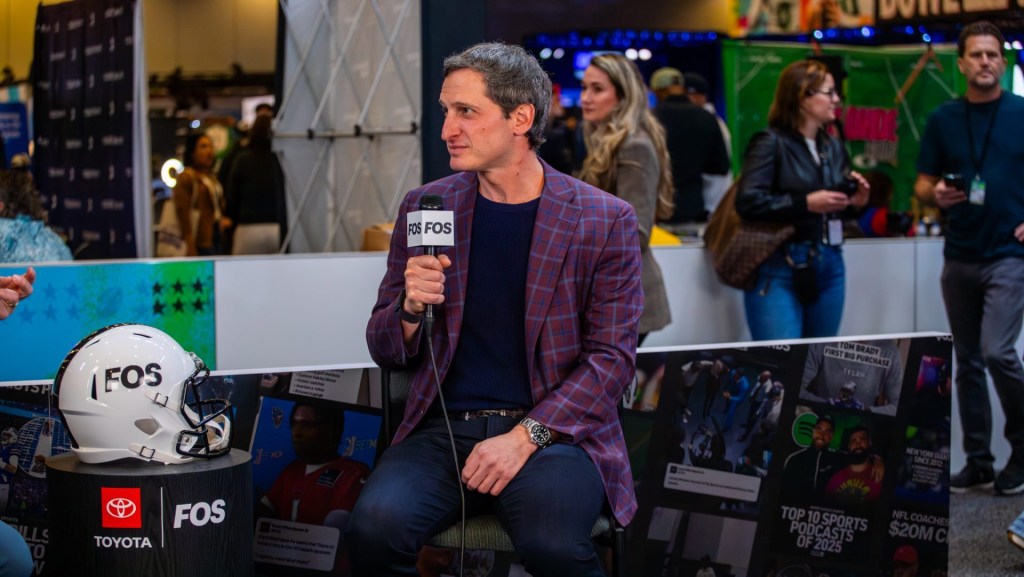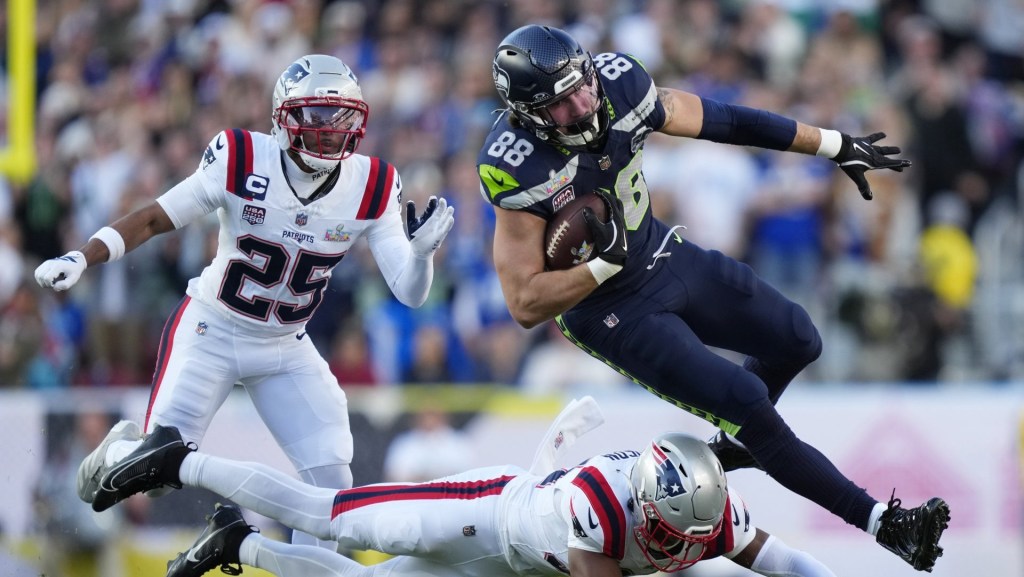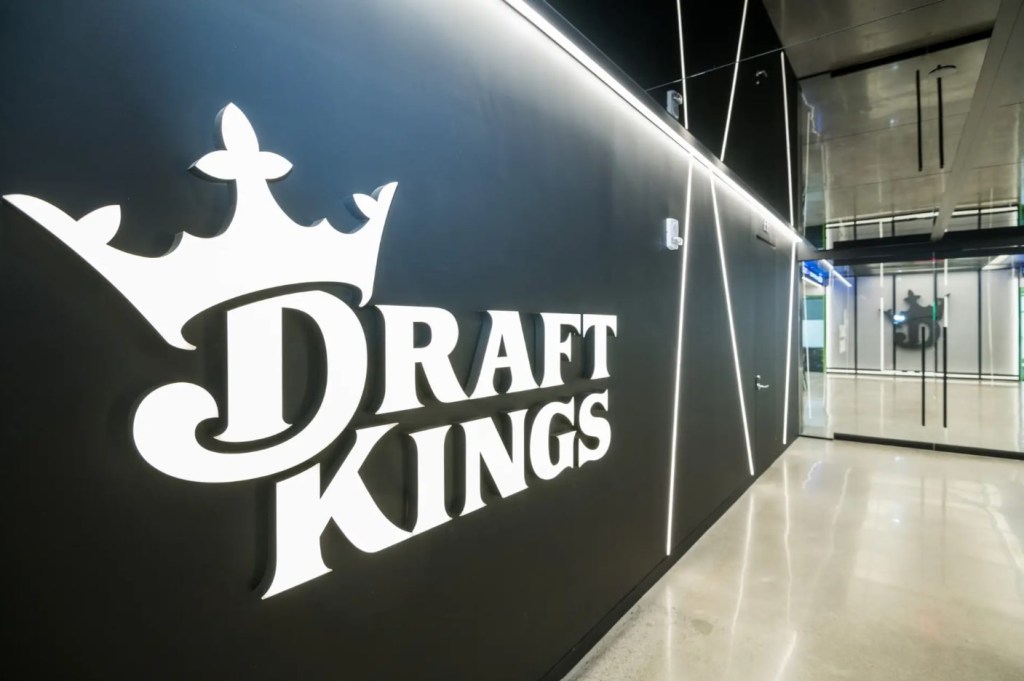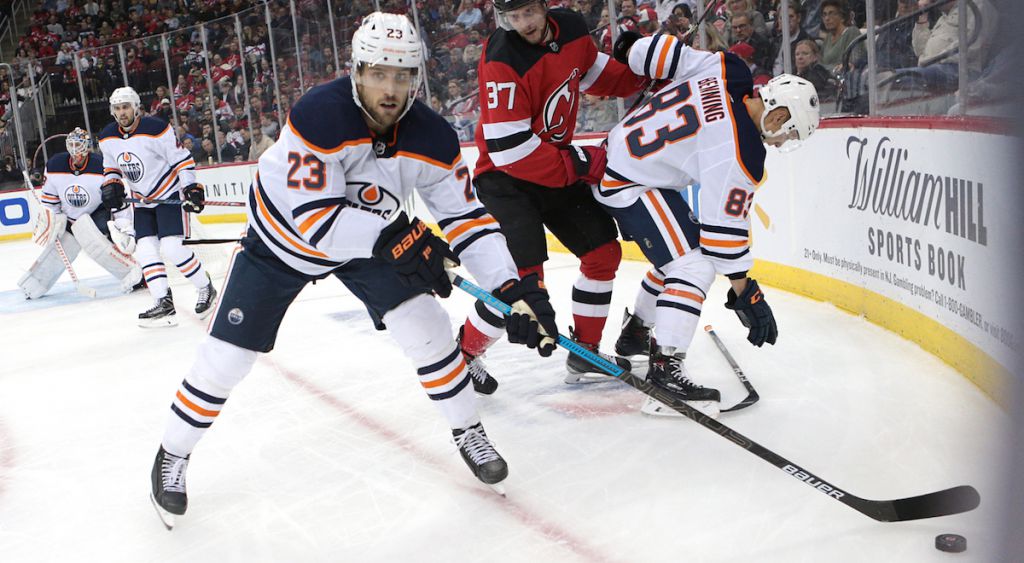
The landscape of sports betting is still in the first period.
That was the overwhelming sentiment this week at the American Gaming Association’s Global Gaming Expo in 2019.
Drawing from a panel called “Executive Viewpoints” featuring NHL Commissioner Gary Bettman, FanDuel CEO Matthew King, William Hill U.S. CEO Joe Asher and Rush Street Gaming CEO Greg Carlin, it was clear the gambling and sports industries are still feeling each other out.
A clear theme of the discussion was that all the parties involved are working to create the largest possible industry while keeping and further establishing public trust.
There’s certainly an interest and a market, as since the Professional and Amateur Sports Protection Act was repealed in 2018, more than $11 billion has been legally wagered. According to a report by Morgan Stanley in 2018, that number could rise to $216 billion by 2025.
“Exclusivity is not important, what is going to be important if we’re all successful is having the biggest industry as possible,” King said. “Leagues should partner with a variety of partners; don’t pick favorites. Having all those partners at the table is the way to get to the best answer for the fans the biggest industry.”
Bettman said those early partnerships between leagues, teams, and gaming entities are crucial to establishing a baseline.
“These are important partnerships as we collectively establish betting in the mainstream,” Bettman said. “What we are collectively working on is how do we reengage fans and potential bettors, and how through the marketplace demonstrate integrity, respect, and trust.”
Putting names of betting entities in front of fans associated with the legacy sports brands they’ve long followed is a quick step to convey trust, but King said there’s plenty of work to be done to ensure what’s best for the fan and customer comes to fruition through the partnerships. King mentioned the NHL player and puck tracking data – which Bettman said is expected by the end of the season in all 31 arenas – as one of those points of unknown potential.
Bettman said the player tracking data is expected to make “something like 200 data points a second” and the puck “something like 2,000 data points a second.”
“It’s a rich data set, but we don’t know what we’re doing with it,” King said. “We just know it opens up cool opportunities and will work over the next couple of years to create differentiated products.”
Also surrounding the tracking data as an unknown is money. Bettman said the investments to implement it are tens of millions and it will take millions each year to run, making it too expensive to give away. MGM is entitled to the data through its league partnership, but sportsbooks likely will have to pay for the proprietary data in the future.
Player tracking data and sports betting partnerships – in terms of fan engagement – could lend to a bigger media rights deal when the NHL heads to the bargaining table following the 2021-22 season.
“From a league standpoint, we think sports betting will increase viewership, which will be good for rights fees and advertising revenue,” Bettman said.
A large reason there is still so much unknown when it comes to the sports betting industry is the lack of history, as the Supreme Court just ruled on PAPSA in 2018, so there’s less than a year of runway for states to legalize sports betting.
Because it’s early on, the partnerships between sports and gaming entities are still risks – and might always be.
READ MORE: MLS Opens Jersey Sponsorship Category To Sports Betting Brands
“Any partnership is a gamble, that’s true of any partnership in this business,” King said. “We look for partners that understand our objectives and we understand theirs.”
Asher and Bettman both mentioned the value of branding within the partnerships, with Asher mentioning the William Hill dasher boards at T-Mobile Arena and Prudential Center.
“Clearly having logos in-arena does convey legitimacy and trust,” Asher said. “That has value, you can debate the value. We make investments all the time. Some work out better than others.”
The conversation regularly came back to building integrity into the industry and ensuring fans and consumers know what’s legal and what’s not. King used an anecdote of a man in California who simply thought sports betting, in general, was legal.
READ MORE: Bleacher Report Integrates Sports Betting into NBA Draft Coverage
“If we want to put the illegal market out of business, we have to make that differentiation,” King said.
But in the end, there’s still too much uncertainty and testing the waters to occur before the true impact of sports betting is known on the professional sports landscape.
“You’ll more of the deals that have occurred, more media deals, other league deals,” Asher said. “There’s a lot of stuff we haven’t thought about.”
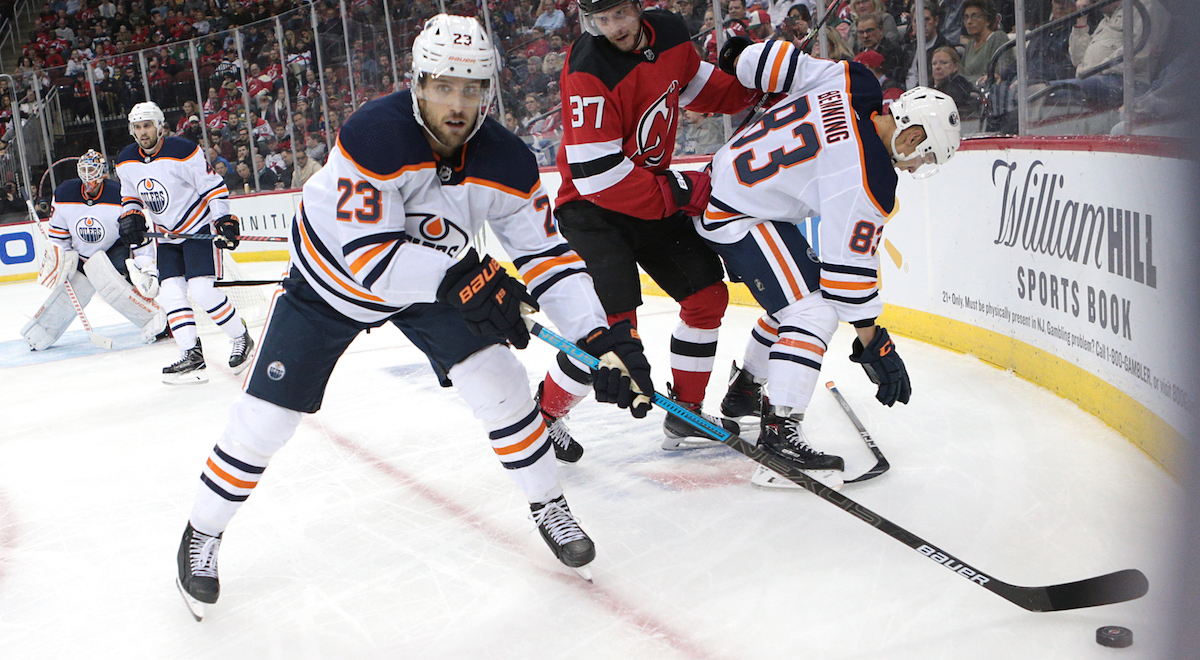

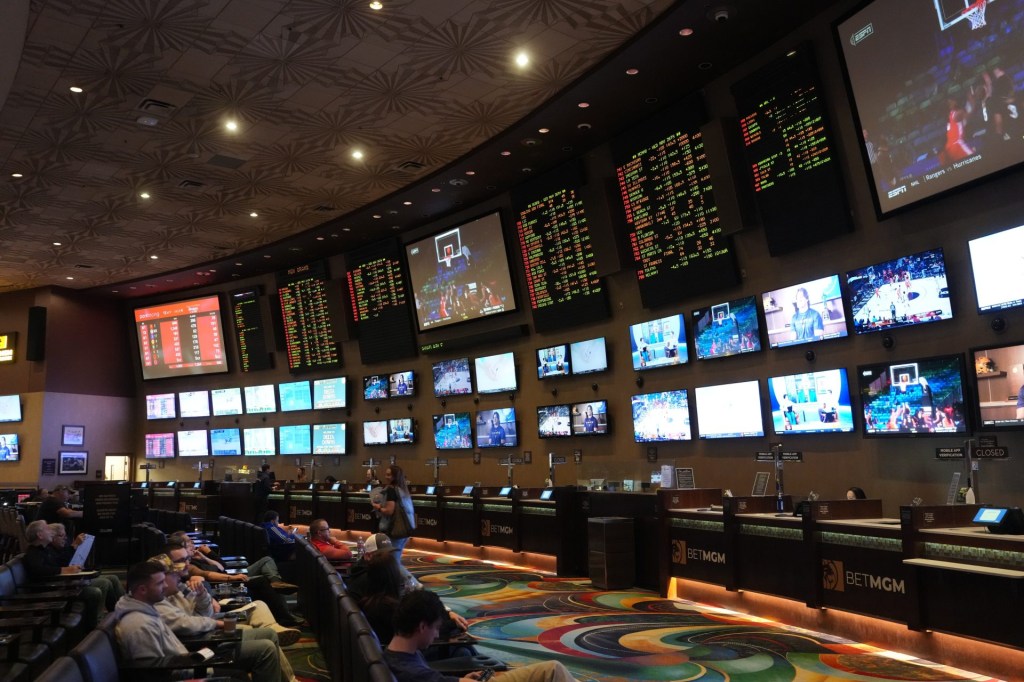
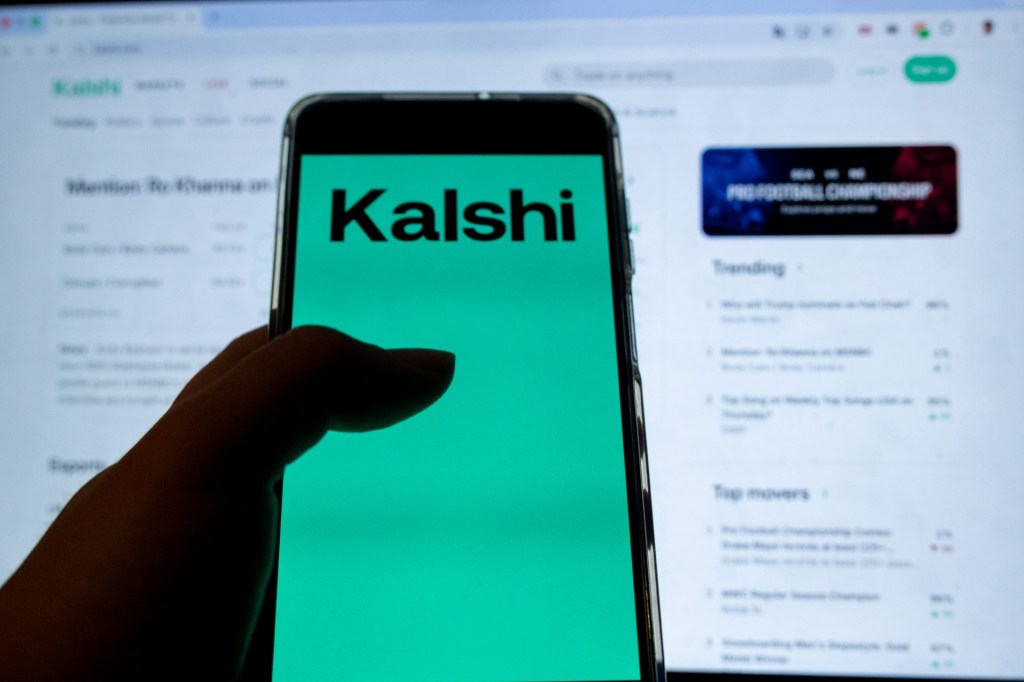
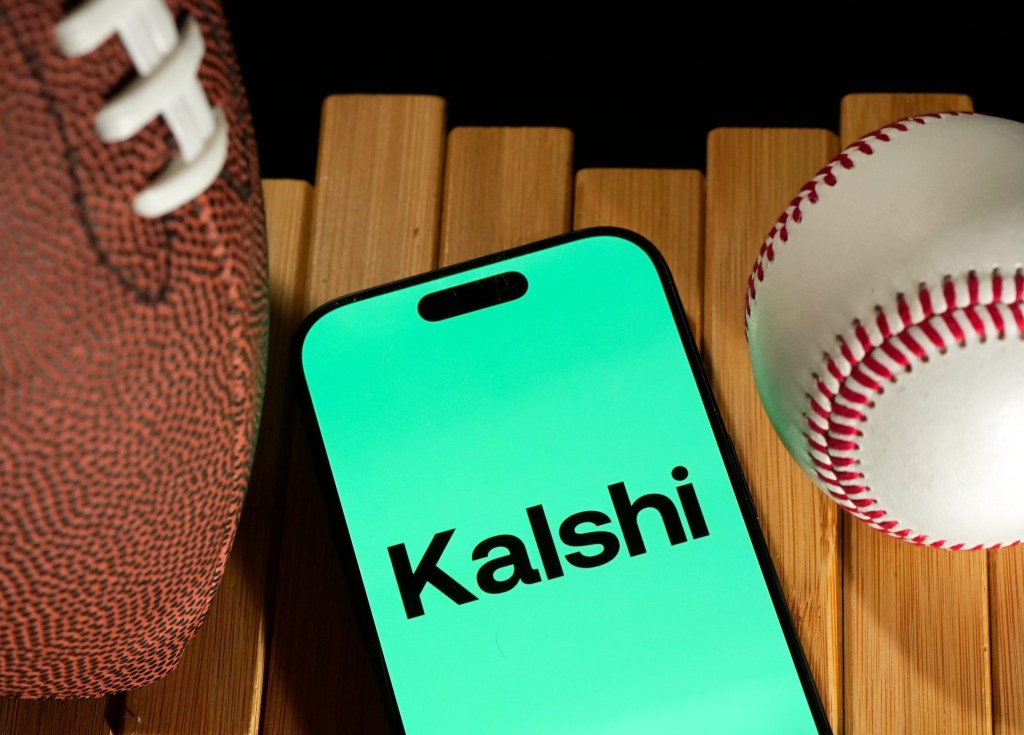
![[Subscription Customers Only] Jun 15, 2025; Seattle, Washington, USA; Botafogo owner John Textor inside the stadium before the match during a group stage match of the 2025 FIFA Club World Cup at Lumen Field.](https://frontofficesports.com/wp-content/uploads/2026/02/USATSI_26465842_168416386_lowres-scaled.jpg?quality=100&w=1024)
![[Subscription Customers Only] Jul 13, 2025; East Rutherford, New Jersey, USA; Chelsea FC midfielder Cole Palmer (10) celebrates winning the final of the 2025 FIFA Club World Cup at MetLife Stadium](https://frontofficesports.com/wp-content/uploads/2026/02/USATSI_26636703-scaled-e1770932227605.jpg?quality=100&w=1024)


![ESPN Bet broadcasts inside the PGA Tour Studios building in Ponte Vedra Beach, Florida, on March 14, 2025. [Clayton Freeman/Florida Times-Union]](https://frontofficesports.com/wp-content/uploads/2026/02/USATSI_25668497_168416386_lowres-1-scaled.jpg?quality=100&w=1024)
